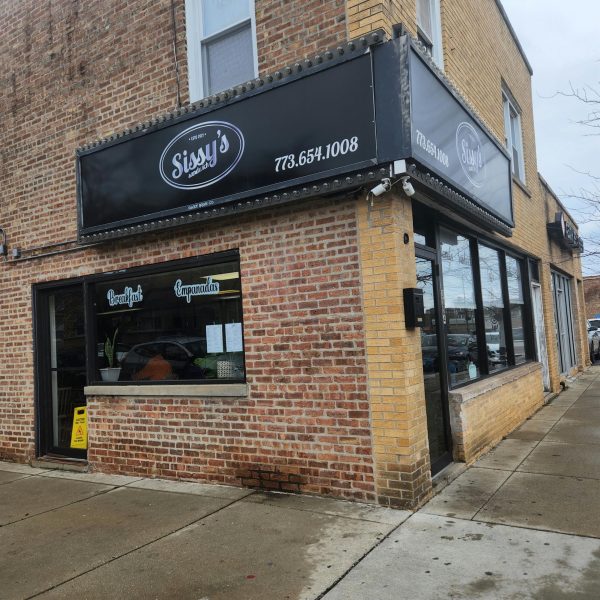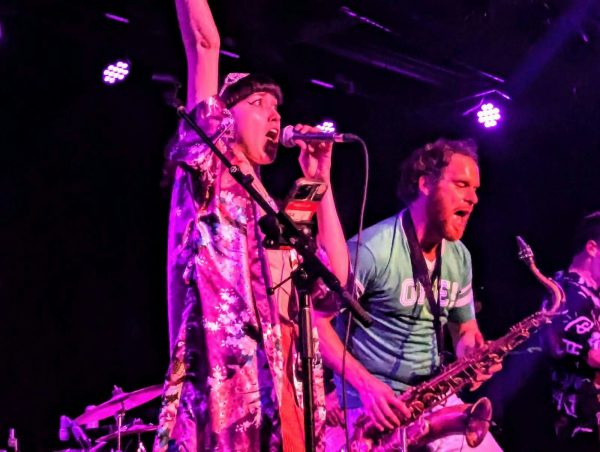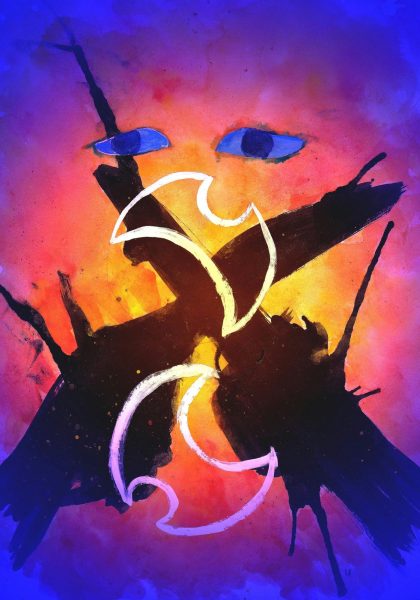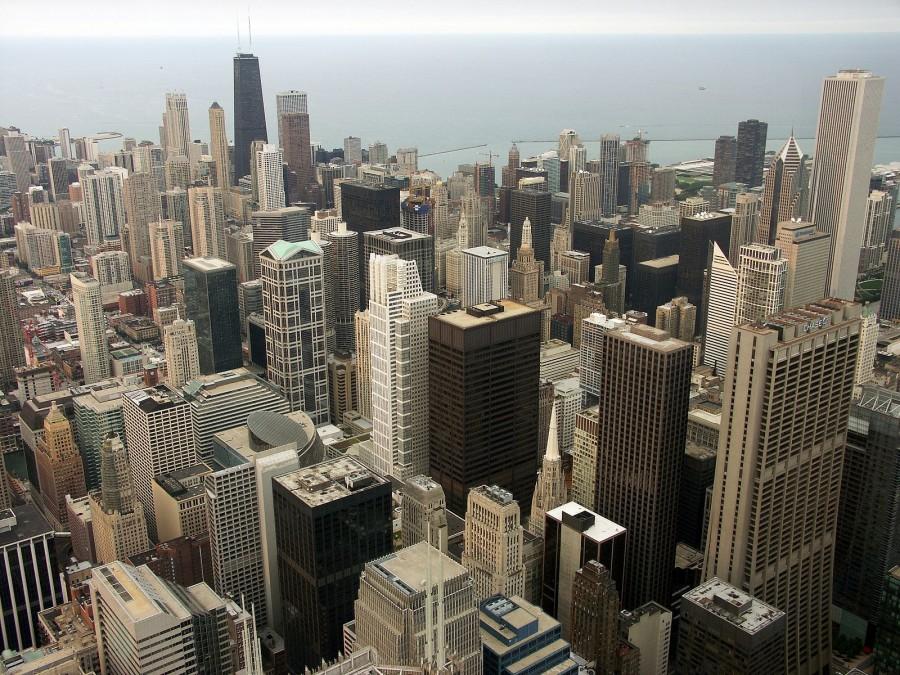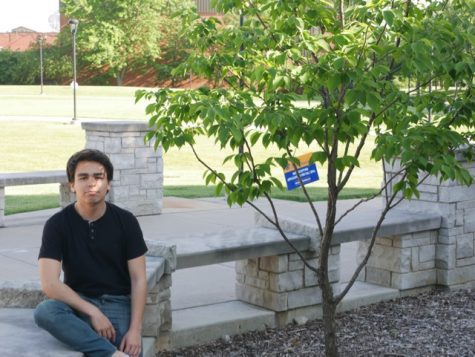‘Chiraq’ – Term of Endearment, or Insult?
Photo courtesy of Wikimedia Commons
Chicago residents have faced high crime rates and murders in the past. Now, the numbers of murders are in the thousands.
The Windy City. The Jewel of the Midwest.The City of Broad Shoulders.These are the nicknames Chicago is known by for its weather, its distinctive social culture and its historical involvement in the Industrial Revolution of the United States.
Now, a new nickname has risen in the lingo of the Chicago youth:in light of the crime rate and 4.265 murders between 2003 and 2012: Chiraq.
Though the term is now a common expression of teenagers and young adults, the term was first used in 2010 by Chicago Police Dept. superintendent Jody Weis.””We are not Chiraq,” she said. “We are Chicago.”
Rapper Chief Keef also influenced the popularity of the term, using the term in the song “Don’t Make No Sense” to describe where he comes from. He raps: “I say b*$%& I’m from Chiraq.”
Despite this, Chief Keef posted a comment after the release of his song, stating “I ain’t from Chiraq, I from Chicago. I left after I made them who they are today.” However, these rappers hardly live similar lifestyles to the people of the South Side of Chicago, divided by wealth, social status and occupation.
“Chiraq” is also the title to an developing musical comedy film directed by Spike Lee, which focuses on a black-on-black murder subject, a relatively common sight for inhabitants of South Side neighborhoods of Chicago like Englewood, Back of the Yards or Bronzeville.
The simple fact is that the true condition of the South Side is understood by its residents alone. To place a pejorative name to identify with the city is a complete simplification of the crime and death in Chicago, especially comparing it to a country that continues to see occupation by armed forces to this day.
The comparison between Chicago and Iraq in the context of the term is flawed. It compares the murders in Chicago to the amount of U.S. soldiers killed in service during the Iraq War, which was around 4500 deaths from 2003 to 2012. The amount of citizens killed in Iraq as a result of direct violence from occupation is about 160,000 people. If the citizens killed in both Chicago and Iraq were compared, for every Chicago citizen dead, there are 39 Iraqi citizens killed as a result of direct violence during the war. It holds no accurate comparison to both locations. A citizen torn apart by the weapon of a fellow citizen is not the same as soldiers tearing foreign citizens apart with their own weapons. One is a conflict between one’s own neighbors, and the other is a conflict of nations.
So then the question remains: Why do the people on the South Side of Chicago continue to refer to their home as Chiraq?
The youth may be held to follow the example of the term as a badge of honor, especially for those involved in gangs. The idea of struggling through the run-down parts of neighborhoods while passing by drug dealers and criminals in their respective activities leaves a lasting impression to the young community, either one of contempt or of pride and bravery. The same idea can be seen in the works of rappers like Chief Keef, whose music leans towards the gangster life of doing drugs and making money, while playing with guns. Rappers like him bank on the idea of portraying themselves in the light of a rich, eccentric and violent gang banger.
Needless to say, the problem with the term “Chiraq” is it influences citizens to only look to murder and criminal activity as a war-like situation, with no possibility of ending. The murders are committed by people that inhabit the same community. When the term “Chiraq” is said, it is a reinforcement of the activity pervading the streets we walk on, and the belief that the gang violence is an unstoppable force, by the view of the bystander.
The citizens of Chicago should not have to look down upon their land as a space for criminals to flourish, but as a massive community that can resolve to protect itself. Through the unity of neighborhoods, the regulation of gun control and the recognition of gang violence, the city will be closer to becoming a safe haven for any self-respecting citizen. The reputation of Chicago lies in the people, and the people act to make Chicago a better place for themselves.


